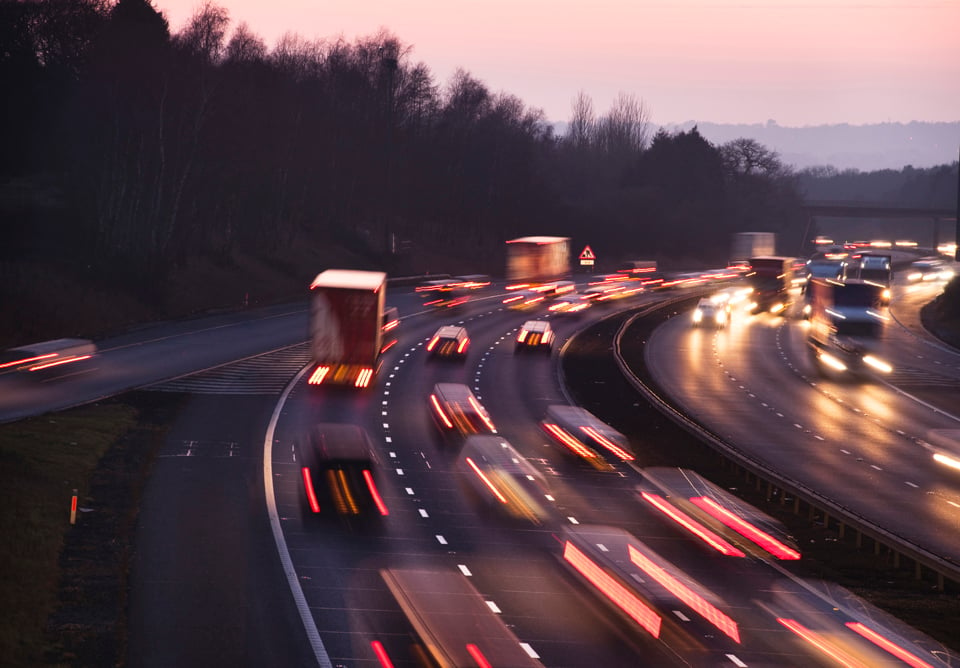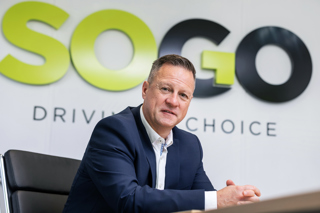Heriot-Watt University and the University of Glasgow are working on creating a “digital twin” to fully simulate the UK’s entire transport infrastructure to help shape future decarbonisation strategy.
The Twinning for Decarbonising Project (Transit) was launched by Jesse Norman, Transport Technology and Decarbonisation Minister at the inaugural Connected Digital Twins Summit by Connected Places Catapult, the UK’s innovation accelerator for cities, transport and place leadership, and the Digital Twin Hub.
The project has received the backing of the Engineering and Physical Sciences Research Council (EPSRC) to begin scoping the potential of digital capabilities and strategies to manage the reduction of carbon emissions from transport across the country.
Initial funding of £500,000 will support the consultation for the Transit project to explore the potential of digital technology to decarbonise, with the support of industry, policymakers and other stakeholders.
Currently, around a third of the UK’s total carbon emissions come from transport, making it a key priority for rapid decarbonisation.
Once the first phase is successfully completed later this year, a second phase will aim to implement the outcomes of the Transit consultation.
What are digital twins?
Digital twins are sophisticated computer simulations of real-life physical objects, processes or systems which can help guide decisions about how their performance can be improved.
While digital twins have been used in transport-related projects in the past, their application has been limited to smaller-scale challenges like the modelling of components in a single system.
The Transit team’s ultimate aim is to create a digital twin that encompasses the entirety of the UK transport infrastructure, providing a data-driven foundation for the urgent decarbonisation the country requires to reach net zero.
During the initial six-month consultation phase of the project, starting this month, the team will map the country’s current transport infrastructure with input from industry, policymakers and civil society across all four UK nations.
The results of the consultation will help to inform the research priorities, structure and membership of the proposed Transit Hub in the second phase.
The Hub’s members have said it will work together to build an “inclusive digital toolset” which will transform transport services, networks, systems and assets in the years to come.
Professor Phil Greening of Heriot-Watt University, said: “The UK has targeted a reduction in carbon of 78% by 2035.
“Transport accounts for approximately a third of our total emissions and the changes required will be transformative.
“We don’t have long to work out what we need to do, and digital twins, along with other digital approaches, offer the fastest route to de-risking investment and accelerating decarbonisation.”
Professor Greening said digital twins offer the possibility to develop “risk free” approaches to deploying radical green solutions.
Professor David Flynn, at the University of Glasgow, said digital twins will allow the Transit team to explore new relationships and partnerships, in near to real-time, to create solutions for the UK’s road, rail, maritime and aviation systems, as well as incorporating new developments like autonomous vehicles.
He added: “We’re keen to involve a broad range of stakeholders in our initial six-month consultation, including citizens, regulators, industry, commerce, government and green finance investors.
“It’s vital that we collaborate in new ways to deliver timely solutions to the climate crisis, which will also unlock new social and economic benefits.
“Time is short and we need to be able to model the solutions that will work in the real world for industry, people and the planet.”





















Login to comment
Comments
No comments have been made yet.